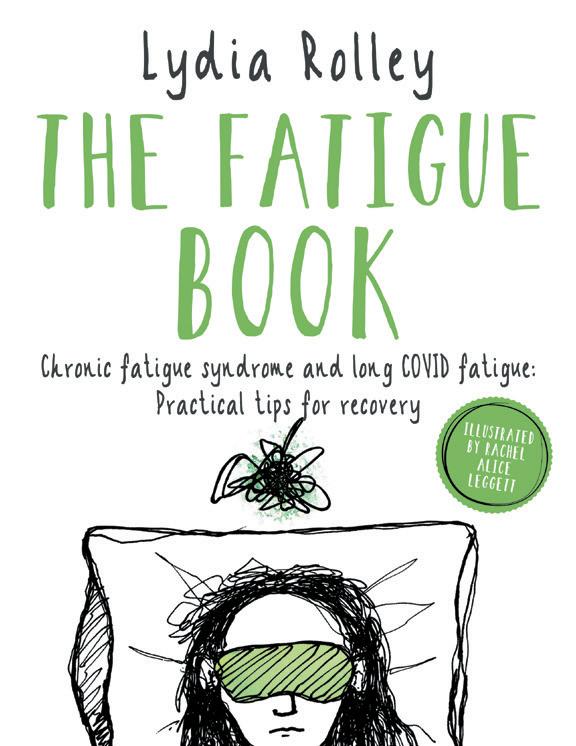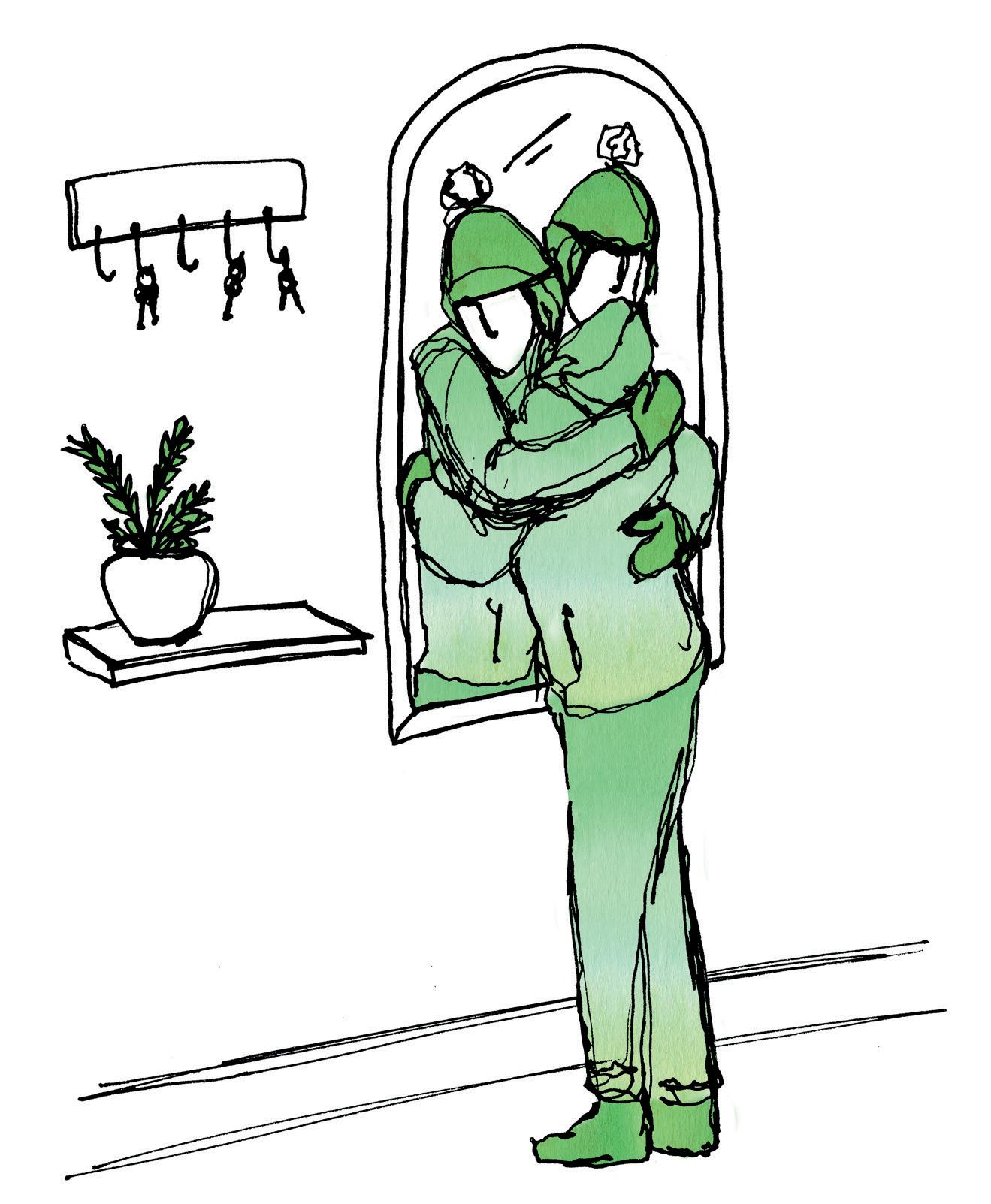
2 minute read
The Fatigue Book
by Lydia Rolley
The Fatigue Book is a practical guide to managing chronic fatigue, whatever its cause, to enable recovery at a pace that works for the individual.
Advertisement
Author Lydia Rolley brings her unique joint training and experience in occupational therapy and psychotherapy at a specialist NHS fatigue clinic to provide an approach that recognises physical, mental and emotional/social needs suited to the individual. The book contains 100 proven fatigue management tips drawn from the author’s personal and professional experience and is suitable for people of all ages affected by long COVID, CFS/ME and other chronic conditions, and for their family and friends.
The Office for National Statistics (ONS) estimates that, at the beginning of March 2021, over a million people in the UK had reported symptoms associated with Long COVID (also known as post-COVID-19 syndrome or Long Haulers). By April 2022 this number had risen to 1.7 million people in the UK – 2.7% of the population. More than half of these people reported that their ability to undertake their day-to-day activities had been negatively impacted by their symptoms. Fatigue is the most dominant and widely reported symptom.
Long COVID is a relatively new condition, but Chronic Fatigue Syndrome/Myalgic Encephalomyelitis (CFS/ ME) has been around for a long time. Countless people of all ages suffer from this condition, which has often been misunderstood, overlooked and underresourced. Despite some of the reported differences between these two conditions and the many unknowns of long COVID, there is a significant overlap. Both these relapsing and remitting conditions present with fluctuating, ongoing, profound and debilitating fatigue – chronic fatigue.
her in her life. To those who know her, this faith shines through in all that she says or does. I am not a Christian, and nor do I hold a faith. However, knowing Lydia and seeing how her faith guides her to make such a difference to people’s lives, makes me curious about there being a power higher than ourselves which can heal and guide us in our darkest moments.
When we worked together, Lydia would often talk about people having little hope at the start of their journey with chronic fatigue, and how it is important at that time for us to ‘hold the hope for them’. It does not matter in reading this book if you have no faith, or a different faith, all I would encourage of you is to be open to what she has to offer. If nothing else, maybe you can let Lydia’s faith in her God hold you now in your current uncertainty, and as a scientist practitioner I can hold the scientific faith that these methods can and will lead to your recovery, if applied with patience, determination and courage.
Her foreword is a powerful reminder to me that people observe our lives: that through us they can be drawn closer to God. My frequent prayer is that as Christians we would ‘let your light shine before others, that they may see your good deeds and glorify your Father in heaven’.
(Matt 5:16)
When it was finished, I sought a secular publisher for The Fatigue Book
To my astonishment, it was accepted by the first publisher I approached, despite the book containing Scripture references and crafted prayers! It is now available around the world: on library shelves in South Africa and even in some countries that are officially closed to Christianity. As I write this article, I’ve just had the news that The Fatigue Book has been reprinted. Praise God!
FOR REFLECTION:
• What seeds from the Lord are you watering in your life? In what ways can they help as you let your light shine?
• What might hinder their growth?
• What might help their growth?

• Who can support you in this process?
Illustration: ‘Be Kind To Yourself, by Rachel










